Signing the Contract
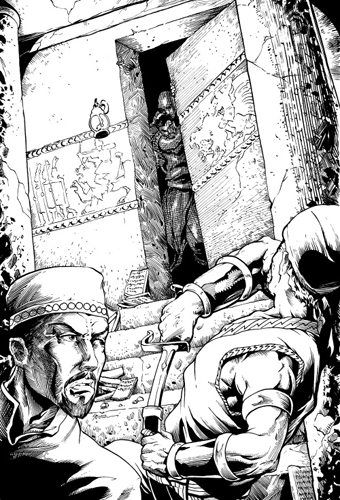 Last week I wrote about obtaining my first book deal. Over the next few months I thought I’d talk from time to time about what happens next.
Last week I wrote about obtaining my first book deal. Over the next few months I thought I’d talk from time to time about what happens next.
As the point of my first essay was mostly about the importance of contacts (and in working steadily and not giving up), I mentioned some things in passing that I thought I’d cover in more detail. For instance, how did I get the offer? By air mail? Phone call? Candygram?
My friend Scott Oden had submitted my manuscript to his editor at Thomas Dunne Books, Pete Wolverton. A little over three weeks later, I received an e-mail from Pete asking me to give him a call at my convenience.
When I’d sent previous novels to other publishers, at best I had only ever received pleasant e-mail rejections, or, in olden times, a letter. Sometimes my novels had just disappeared, with nary a response at all. I had never received a request to call, and with Sherlockian-like deductive reasoning figured that was a promising sign.
I deliberately slowed down, made myself a cup of tea, and took my time drinking it. About twenty minutes later I dialed the number Pete had provided.
I found myself on the phone with a bright, friendly professional who’d enjoyed my book and wanted to talk about it, and to talk to me to get a sense of who I was… and to discuss a book offer.
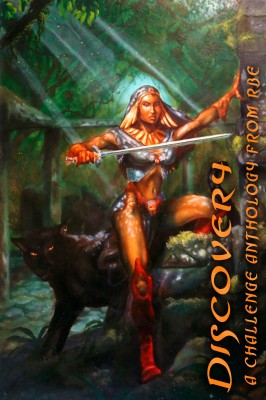 Rogue Blades Entertainment (RBE) has published some terrific fantasy anthologies over the past few years, including Return of the Sword and
Rogue Blades Entertainment (RBE) has published some terrific fantasy anthologies over the past few years, including Return of the Sword and 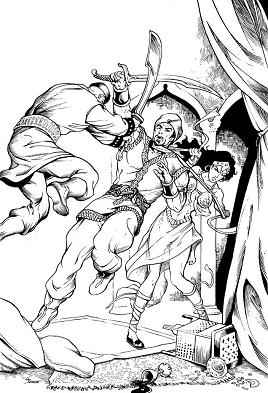 In late July of 2009 I got an offer for a historical fantasy novel from St. Martin’s imprint Thomas Dunne featuring my series characters, Dabir and Asim.
In late July of 2009 I got an offer for a historical fantasy novel from St. Martin’s imprint Thomas Dunne featuring my series characters, Dabir and Asim.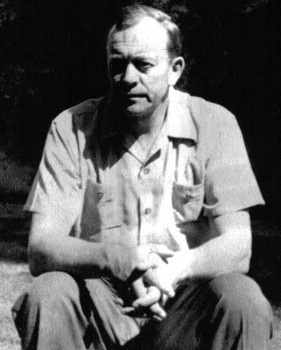 “So it will be when we are dead that perhaps our lives will stand for something.”
“So it will be when we are dead that perhaps our lives will stand for something.”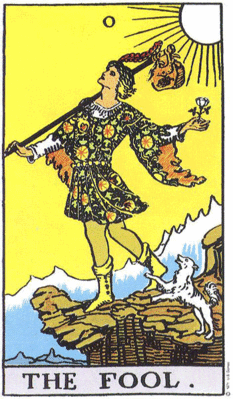
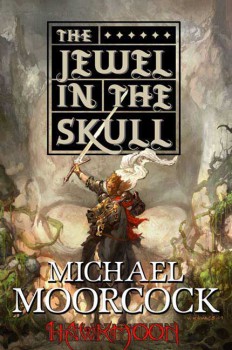 Last week Tor.com ran a terrific article by Michael Moorcock about the origins of his (recently reprinted) Hawkmoon stories. In ‘
Last week Tor.com ran a terrific article by Michael Moorcock about the origins of his (recently reprinted) Hawkmoon stories. In ‘ The Sorcerer’s Guild
The Sorcerer’s Guild 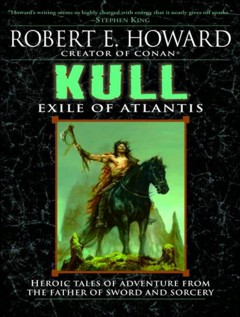 I wanted to point all of you to the fine series of articles over on
I wanted to point all of you to the fine series of articles over on 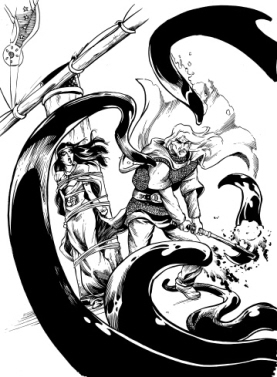 The Sorcerer’s Guild announced this week that John C. Hocking’s “The Face in the Sea” (from Black Gate 13) has been nominated for the Harper’s Pen Award (formerly the Ham-Sized Fist Award).
The Sorcerer’s Guild announced this week that John C. Hocking’s “The Face in the Sea” (from Black Gate 13) has been nominated for the Harper’s Pen Award (formerly the Ham-Sized Fist Award).